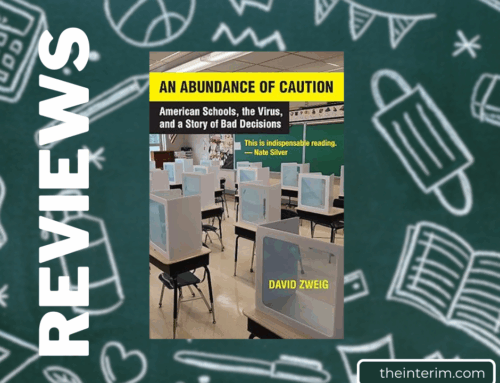Until I did some research, it hadn’t occurred to me that there might be a cache of racial slurs that target whites. Well, apparently there are plenty of the allegedly offensive epithets.
I say “apparently” and “allegedly” because I’ve never heard of most of the entries, and the ones I know about don’t offend me. I’m familiar with redneck, which is aimed at politically conservative, religiously fundamentalist whites in the rural west or south. But, although some might think I qualify, I can’t remember anyone calling me a redneck. Not to my face. Not even to my neck.
I’m also familiar with pigmentally challenged. I ought to be. I made it up. Not as a racial slur but as an excuse for failing to excel at basketball. I coined the epithet in an essay that appeared nearly 20 years ago in the delightfully titled Stitches, the Journal of Medical Humour. I’ve repeated it from time to time to explain my inability to play trumpet like Louis Armstrong.
I realize that others may have made it up before or after I did. You don’t need to be uniquely creative to add a three-letter syllable to mentally challenged. Anyhow, I was surprised to learn that it sounds like a slur to sensitive whites. I meant it as a salute to talented blacks.
I’m familiar with cracker, which means white trash, but not with triscuit, which slur collectors say is worse than white trash. How much worse, they don’t specify. As for me, I’ll decide whether to be offended after I figure out what white trash means.
Whitey, which everyone knows about, is one of my favourite nicknames. My fondness for it, I suspect, originated with Whitey Marsh, the character Mickey Rooney plays in the 1938 movie Boys Town. Contrary to the dictionaries, I don’t find it the least bit disparaging.
As for fish belly, ghost, frosty and dandruff, I have difficulty believing that they double as racial insults, despite what the slur collectors say. The same goes for ivory, which intrigues me, as it ought to be as complimentary to whites as ebony is to blacks.
Like anyone who has watched Hollywood westerns, I’m familiar with paleface. I don’t know whether screenwriters or aboriginals created it. Whatever the etymology, I consider it descriptive rather than demeaning. I feel the same about round-eye, even though both labels exaggerate what they describe. No doubt I’m in the minority. Otherwise, neither should appear in a racial slur collection, but both do.
Why collectors consider them offensive is a mystery to me. I can’t help noticing that my face is more or less pale and my eyes, both of them, are more or less round. I don’t see why I should take offense if someone tells the truth. I might take offense, however, if someone called me green face or square-eye. The last time I checked, both were false.
A number of alleged slurs target whites who act, or try to act, black, including afro-saxon, white chocolate and gray. Can you believe that? I can’t. I don’t know how to act white, let alone black.
I always thought that the behaviour of identifiable groups varies with culture, not colour. Although British and Italian whites share the same colour, more or less, they behave differently in many respects. The same goes for American and Nigerian blacks.
Maybe whoever made up the alleged slurs took literally my excuse that I failed to excel in sports and music because I’m pigmentally challenged. Or, maybe I have taken literally their reference to colour, when they mean a specific culture. Anyhow, whoever made up windian and imitasian got them right. They target whites who try to act Indian and Asian, respectively, not red and yellow.
But I can’t figure out why acting like someone of a different culture is deemed slur worthy. If imitation is the sincerest form of flattery, it could just as well be praiseworthy. Whenever I try to play jazz, I worry that I might offend listeners if I fail. I never dreamt that I might offend them if I succeed.
It’s a good thing I can’t play honky-tonk, an engaging style of ragtime piano. Honky is one of the better known epithets listed by white slur hunters. But if honky has come of age, can tonk be far behind? In a culture in which slur production is a burgeoning industry, I wouldn’t bet against it.





